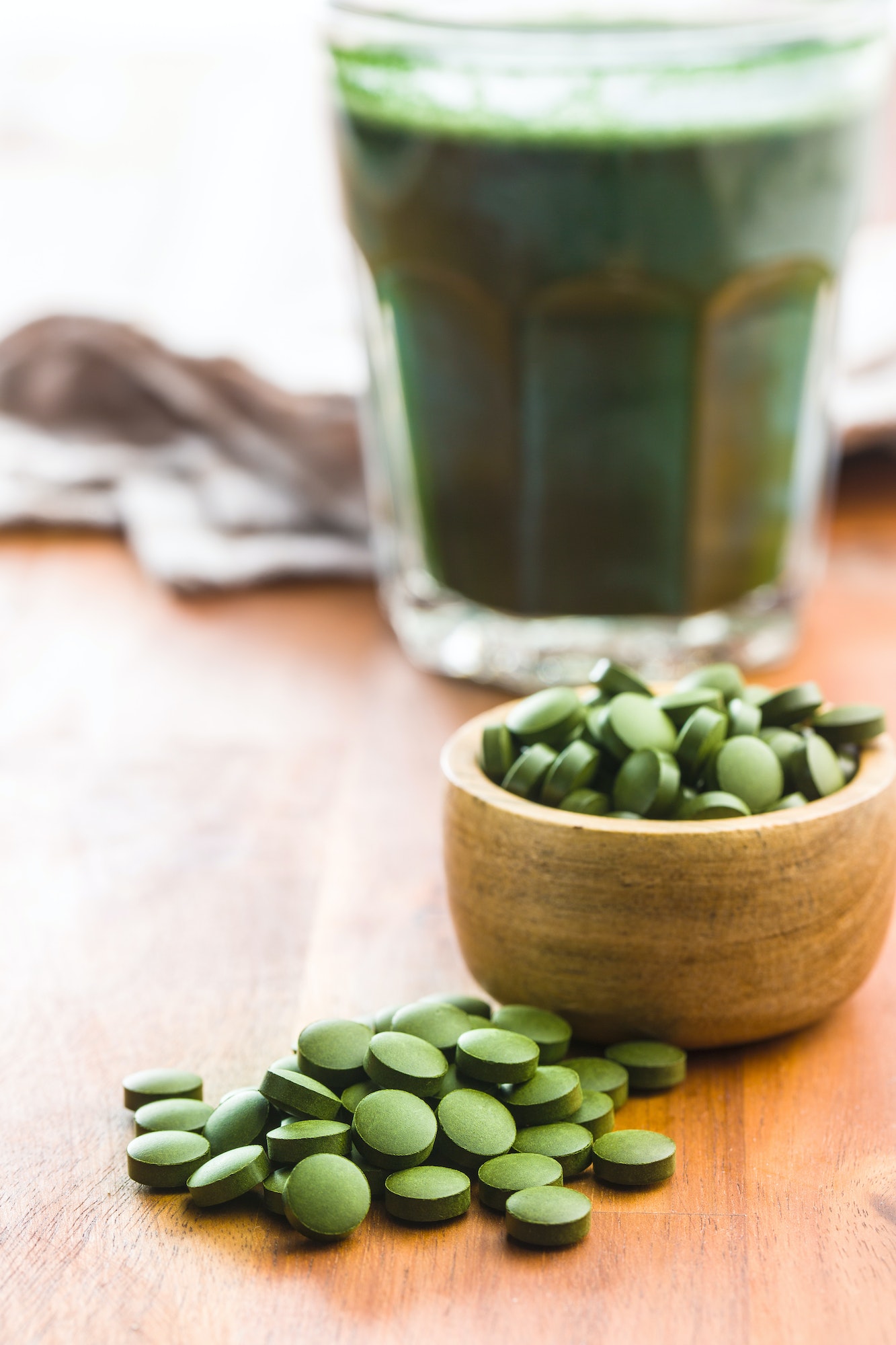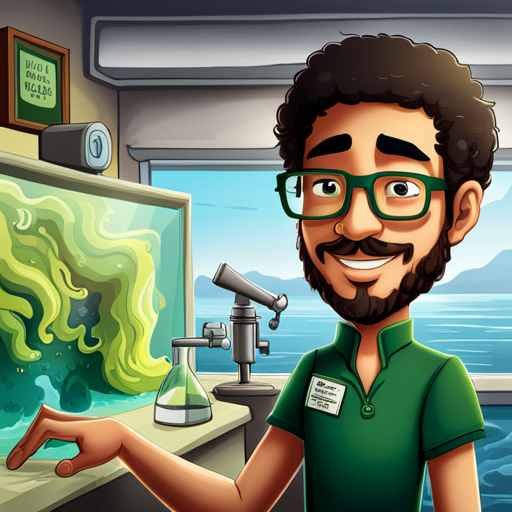Algae, a diverse group of aquatic organisms, have the potential to revolutionize various industries, including food, pharmaceuticals, cosmetics, and bioenergy. The development of algae bioproducts has gained traction in recent years, with advanced technologies optimizing biomass production and exploring the potential applications of algae-derived products.
Potential Applications of Algae-Derived Products
Food and Feed Additives
Algae are rich in essential nutrients such as omega-3 fatty acids and protein. As a result, they have garnered attention as a sustainable and healthy source of food and feed additives. For example, microalgae like Spirulina and Chlorella are already used as dietary supplements due to their high protein content and antioxidant properties.
Pharmaceuticals and Nutraceuticals
Algae produce a range of bioactive compounds with potential applications in pharmaceutical and nutraceutical industries. These compounds include antioxidants, anti-inflammatory agents, and other therapeutic molecules that can help prevent or treat various diseases. Researchers are currently investigating the potential of algae-derived compounds in treating cancer, cardiovascular diseases, neurodegenerative disorders, and other health conditions.
Cosmetics and Personal Care Products
The cosmetic industry is also exploring the use of algae-derived ingredients in skincare products due to their moisturizing, anti-inflammatory, and antioxidant properties. Additionally, some algae produce natural colorants that can be used in makeup products.
Algae Biorefinery Techniques
To maximize the value of algae biomass and make the production process more sustainable and cost-effective, researchers are developing integrated biorefinery approaches that enable the extraction of multiple product streams from a single biomass source. Some of the key techniques involved in algae biorefineries include:
Fractionation and Purification Methods
Efficient fractionation techniques are crucial for separating different components of the algal biomass into distinct product streams. These methods include mechanical processes (e.g., filtration, centrifugation), chemical processes (e.g., solvent extraction, precipitation), and biological processes (e.g., enzymatic hydrolysis). The choice of fractionation method depends on the type of algae, the target product, and the desired purity level.
Quality Control and Safety Assessments
Ensuring the quality and safety of algae-derived products is critical for their successful commercialization. This requires rigorous quality control measures throughout the production process, from cultivation to final product formulation. Researchers are developing analytical methods and standards to accurately assess the composition, purity, and safety of algae-based products.
One challenge in the development of algae bioproducts is the potential presence of contaminants such as heavy metals, toxins, and pathogens. Advanced cultivation techniques can help minimize these risks by optimizing growth conditions and selecting algal strains with low susceptibility to contamination.
Future Prospects
As research in algae bioproducts continues to advance, we can expect to see more innovative applications of algae-derived compounds across various industries. Integrated biorefinery approaches will play a crucial role in making the production process more sustainable and economically viable.
Furthermore, advances in genetic engineering and synthetic biology can help optimize algal strains for higher biomass productivity and targeted production of specific bioactive compounds. This will further expand the potential applications of algae-derived products, driving innovation in food, pharmaceuticals, cosmetics, and bioenergy sectors.
In conclusion, algae bioproducts development holds great promise for creating sustainable solutions that address global challenges related to food security, public health, environmental protection, and energy supply. By harnessing advanced technologies to optimize biomass production and explore novel applications of algae-derived compounds, we can unlock the full potential of these versatile organisms for a greener future.


